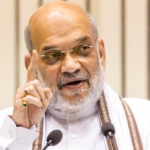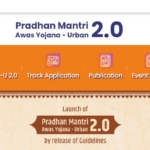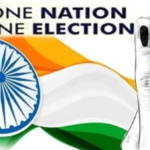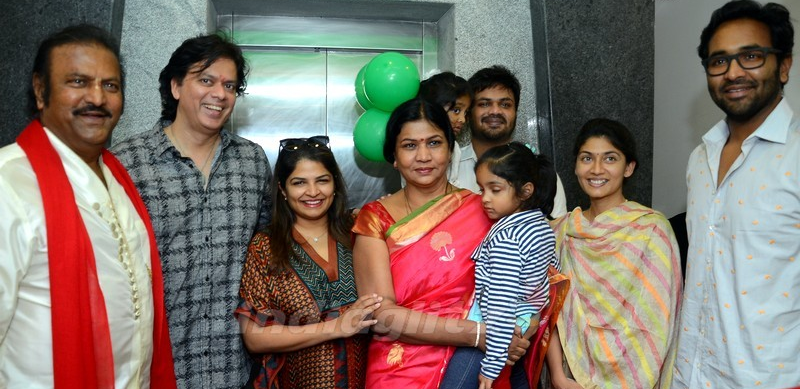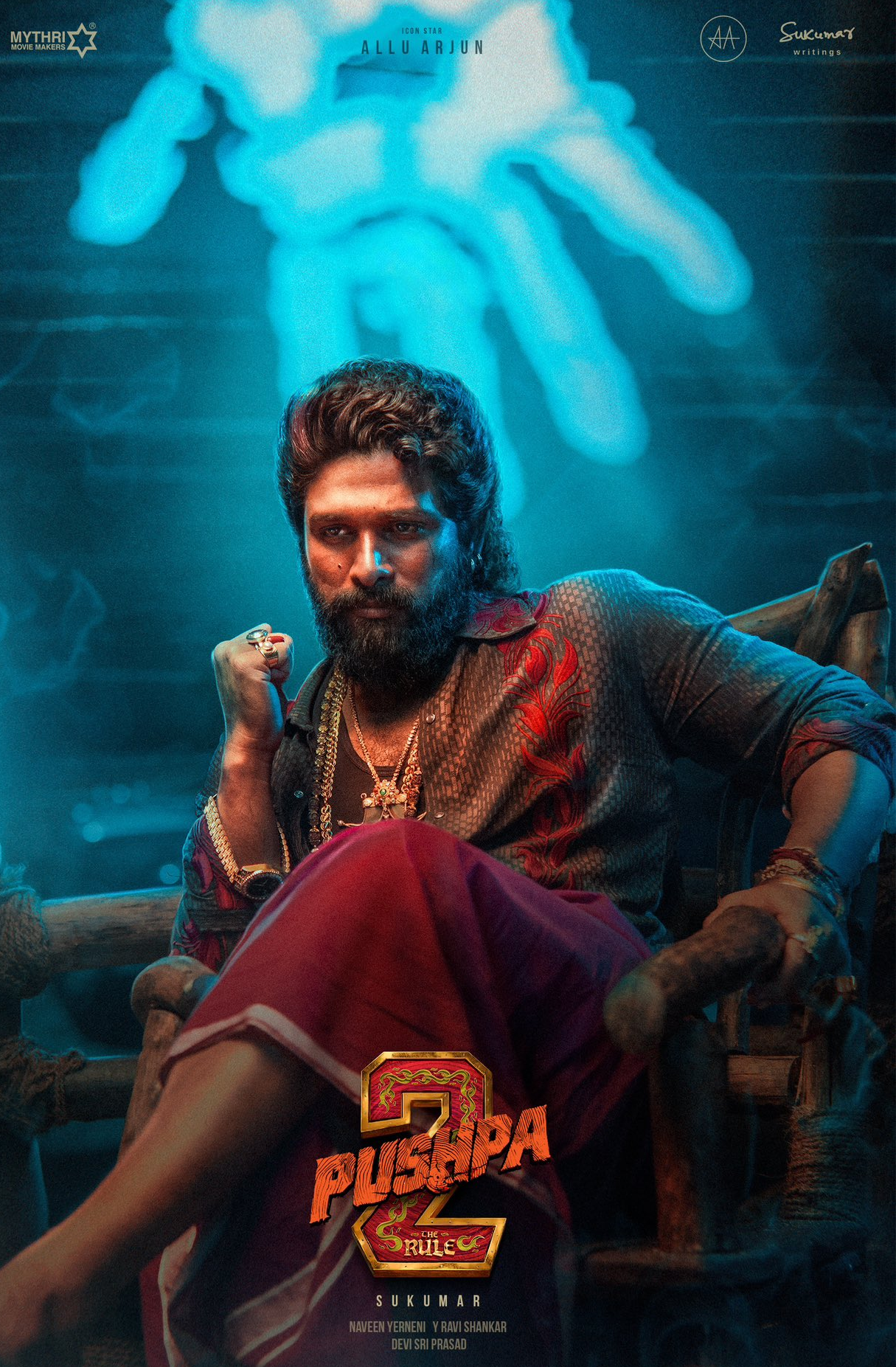Netflix Mary Sparks Outrage: Casting and Creative Choices Divide Audiences
The Netflix movie Mary has sparked significant controversy, drawing sharp criticism from Palestinian supporters and conservative Christians. Directed by D.J. Caruso, the film tells the life story of Mary, the mother of Jesus Christ, focusing on her journey from childhood to motherhood and the challenges she faced. However, the film’s casting choices and portrayal of Mary have caused the most uproar.
One of the most significant points of contention is the casting of Israeli actress Noa Cohen as Mary. Critics argue that casting an Israeli actress in such a role, especially in the current climate of heightened Middle Eastern tensions, is politically insensitive. Palestinian supporters are agitated, feeling that this decision subtly aligns Mary with a modern Israeli identity, overlooking the complex historical and cultural context of the region.
On the other hand, conservative Christians have criticized the film for straying too far from traditional religious doctrine. They take issue with how the movie portrays Mary’s relationship with Joseph, questioning the historical accuracy and the liberties taken with sacred themes. Many feel the film’s creative choices detract from the spiritual significance of the story.
♦Also Read| Amaran, Matka, and Jigra: December’s Epic Movie Lineup Hits Netflix and Prime Video
Despite the backlash, Caruso and the filmmakers have defended their approach. Caruso explained that casting an Israeli actress was an effort to maintain authenticity, as many cast members are from Israel. Noa Cohen, for her part, emphasized that the film aimed to highlight Mary’s emotional journey and human strength rather than focusing solely on religious doctrine.

The film’s modern take on sacred themes has also raised eyebrows. For example, portraying the Archangel Gabriel and Satan in contemporary attire has divided viewers, with some feeling it strays too far from tradition. Still, the movie’s producers hope it will resonate with younger audiences and inspire them to engage with faith in a new way.
Social media reactions have been swift and harsh. Many users have expressed frustration, accusing the film of erasing the Palestinian cultural and historical narrative. Some have even posted vitriolic comments, calling the casting decision a “slap in the face” to Christians, while others voiced their anger in disturbing, violent terms.
The filmmakers have certainly stirred the pot with Mary, and the conversation around the movie seems far from over. Whether it will spark a more profound reflection on the story of Mary or be remembered for its controversial choices remains to be seen.


